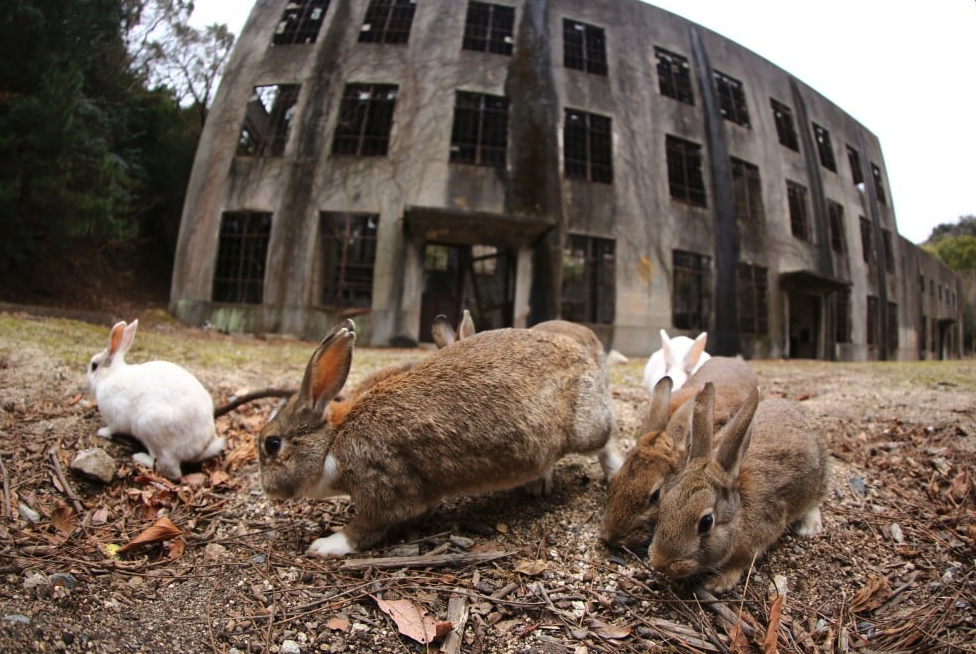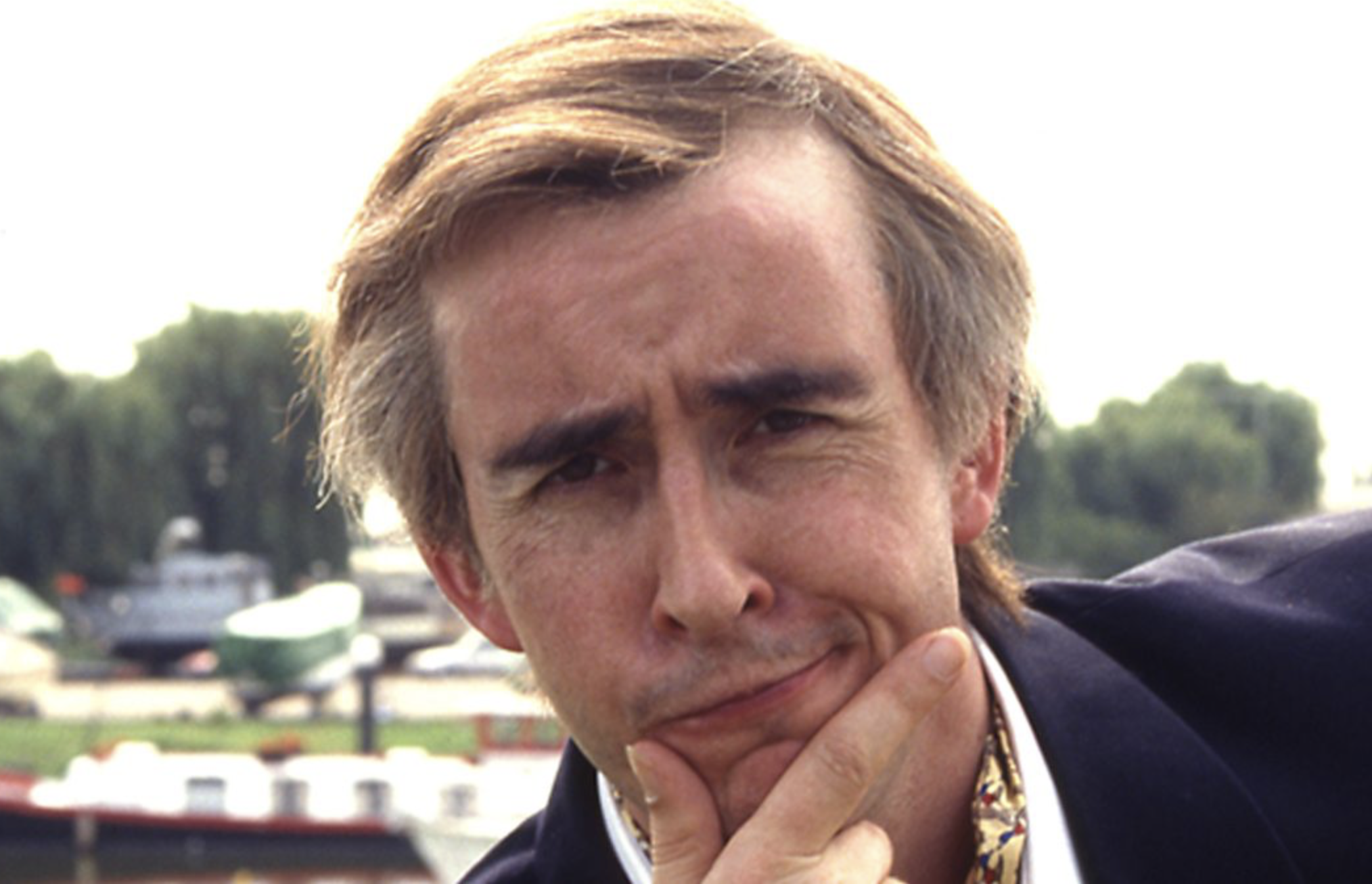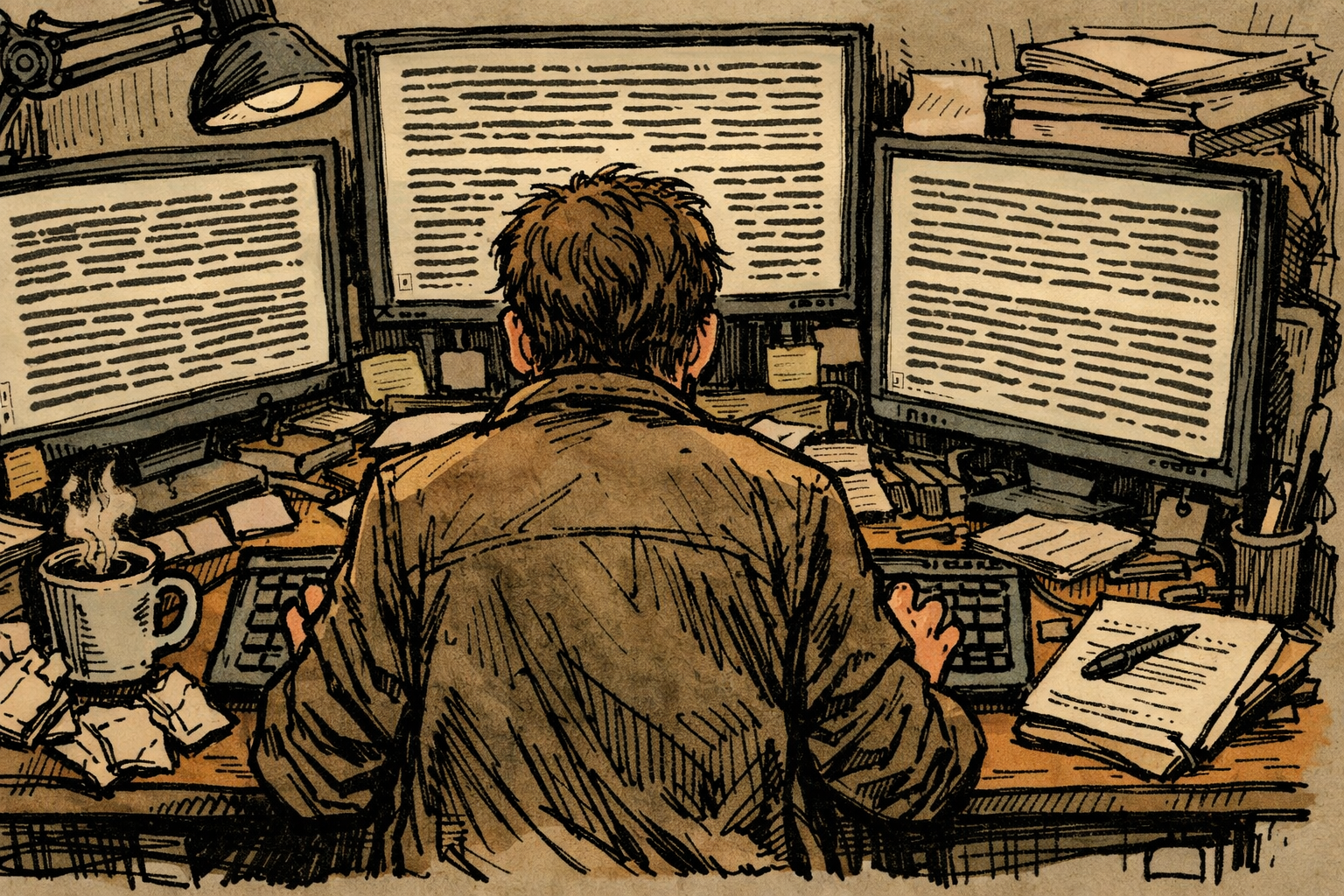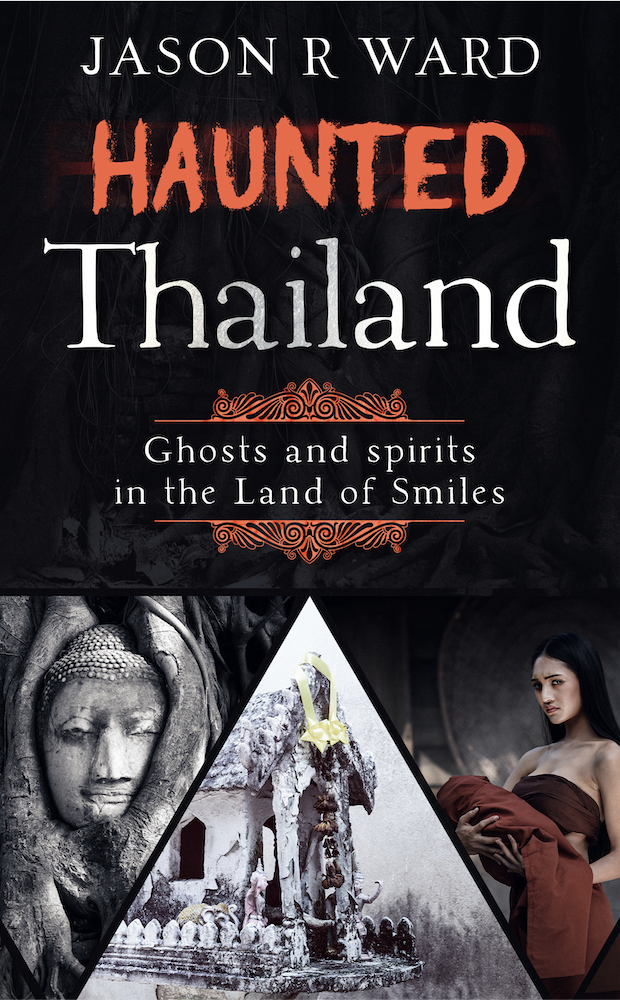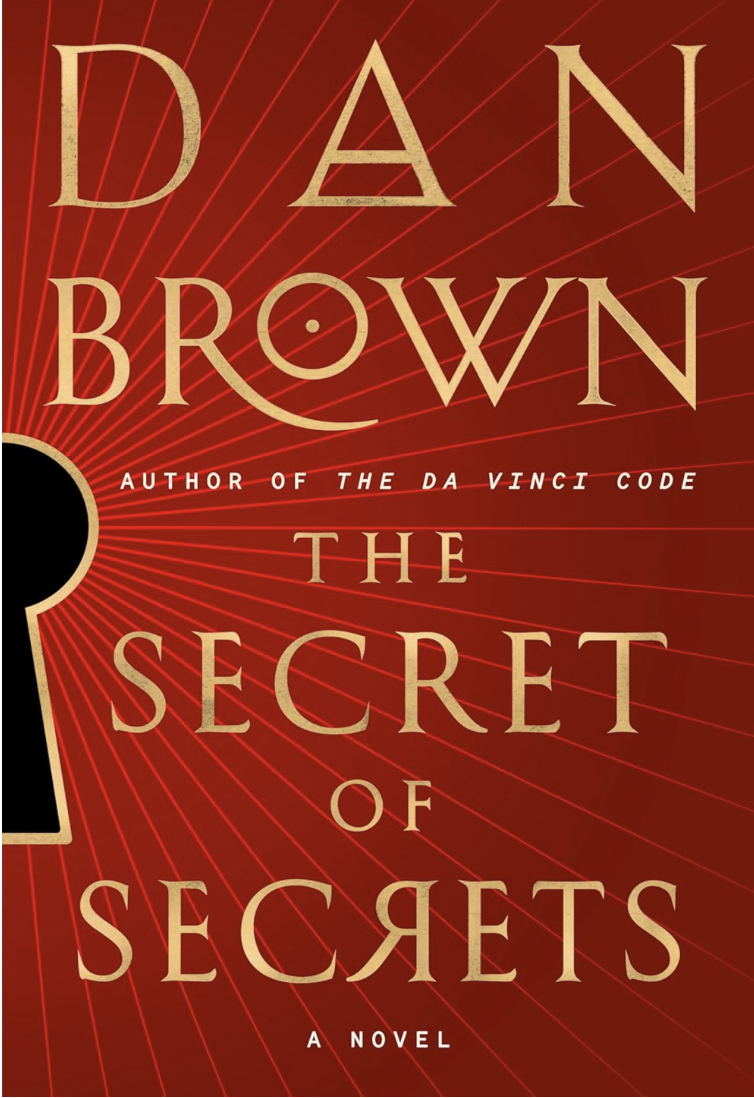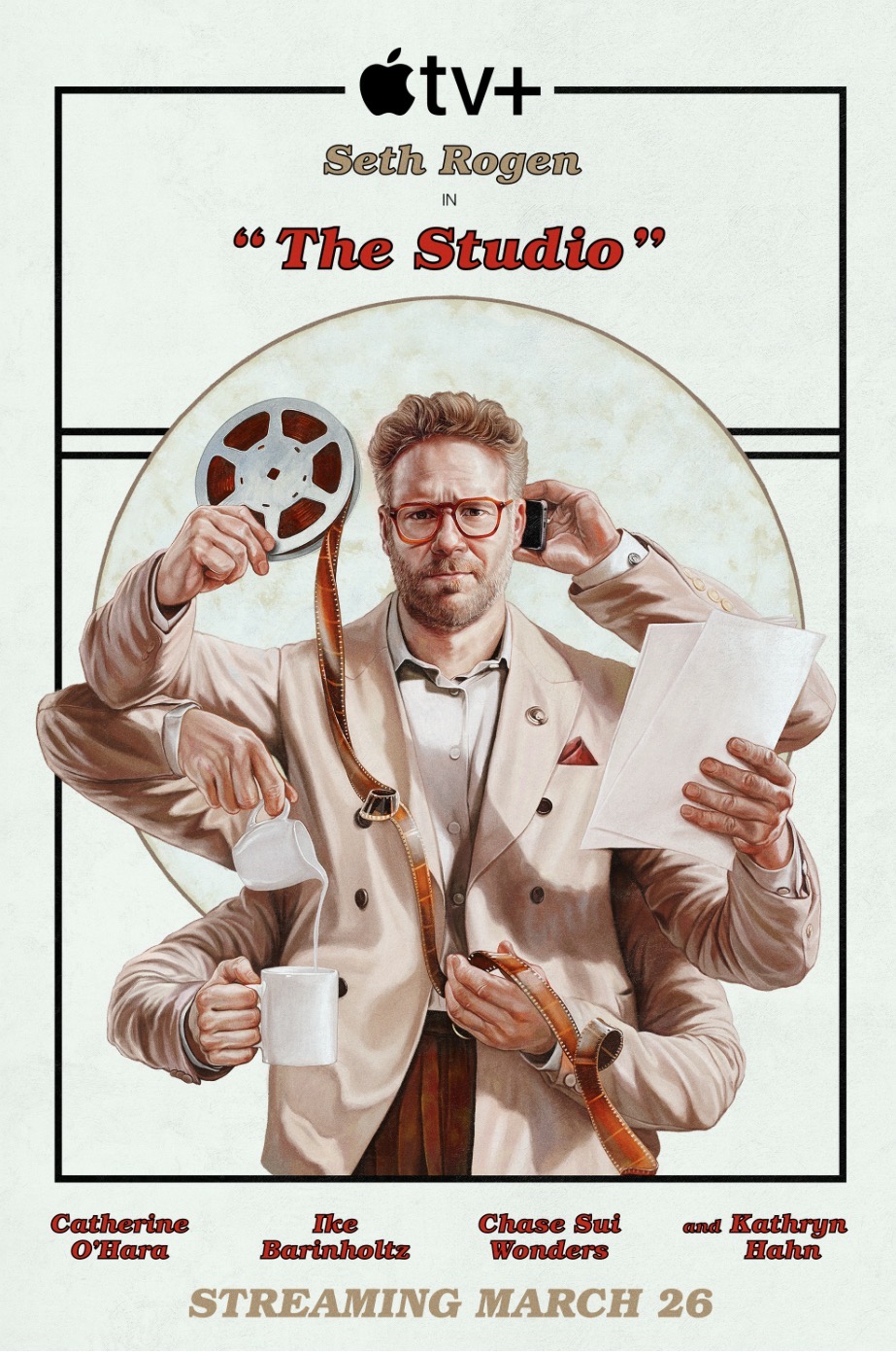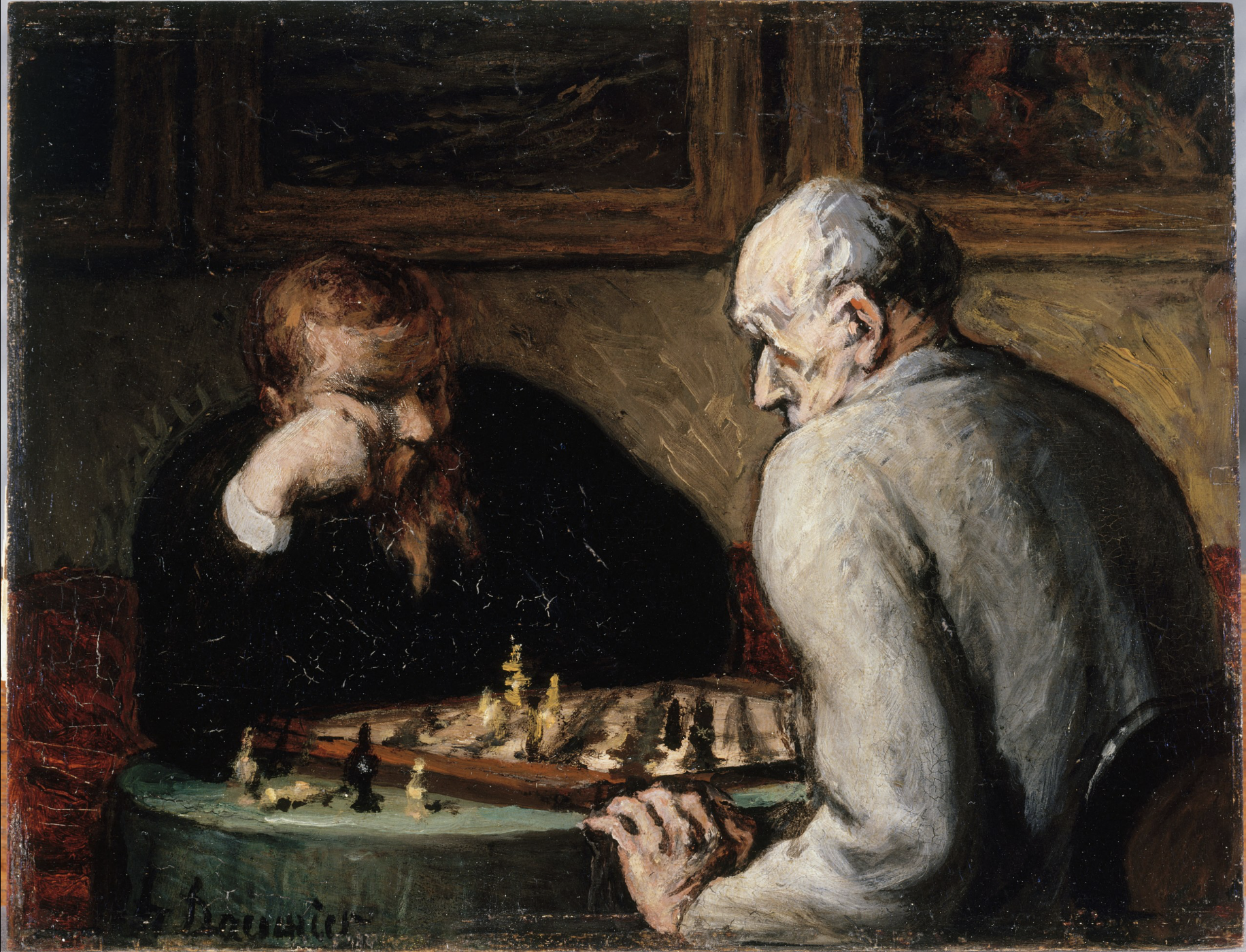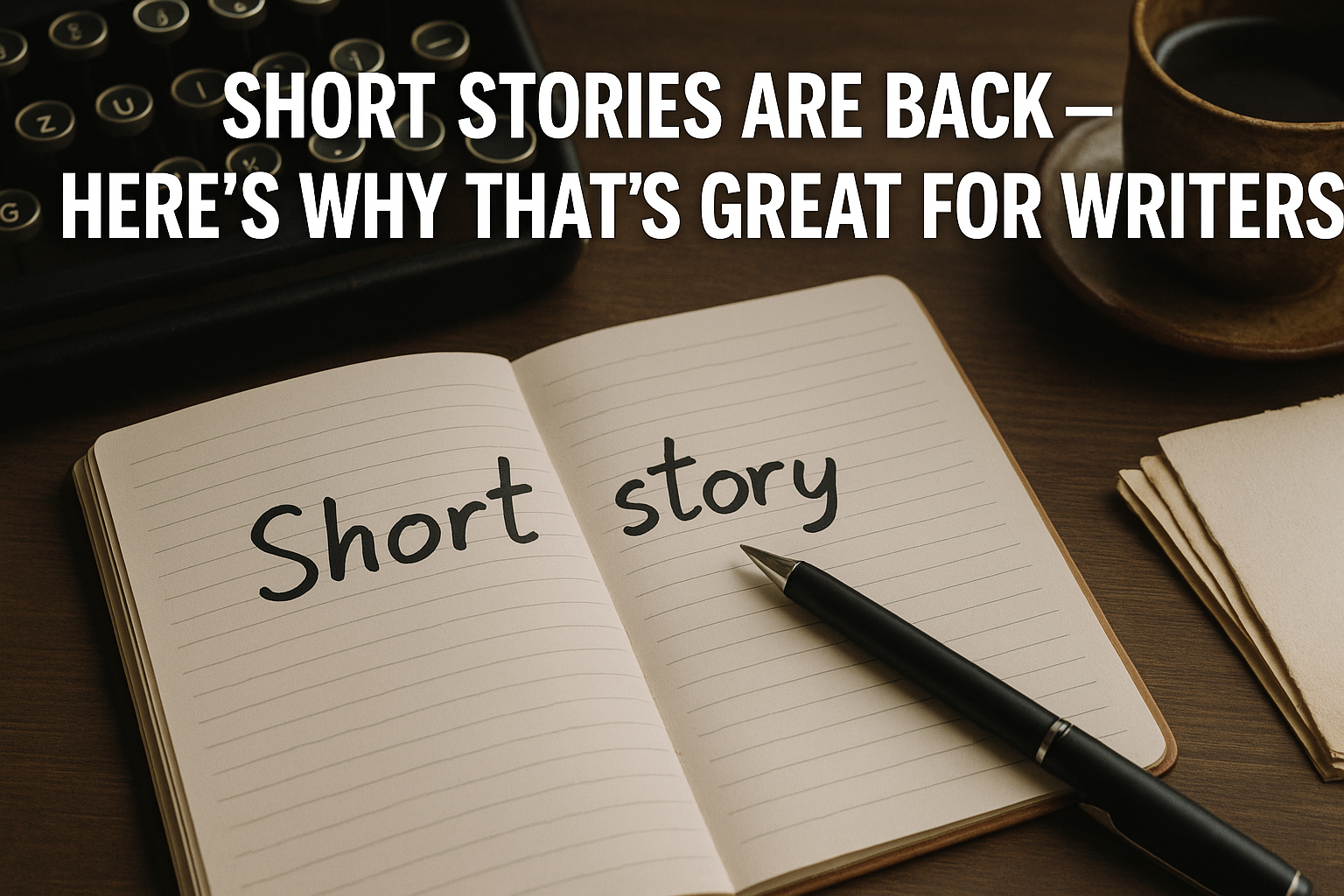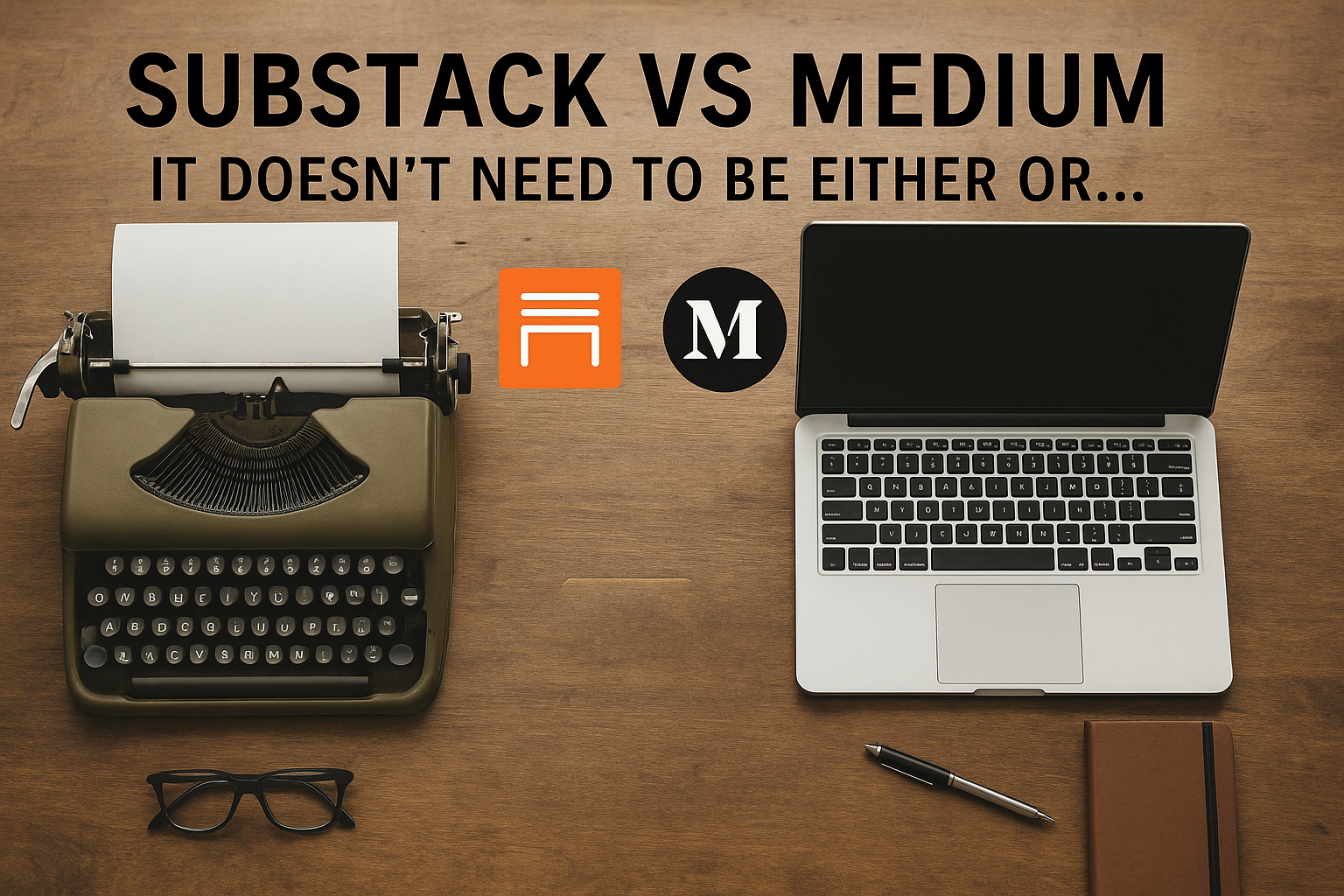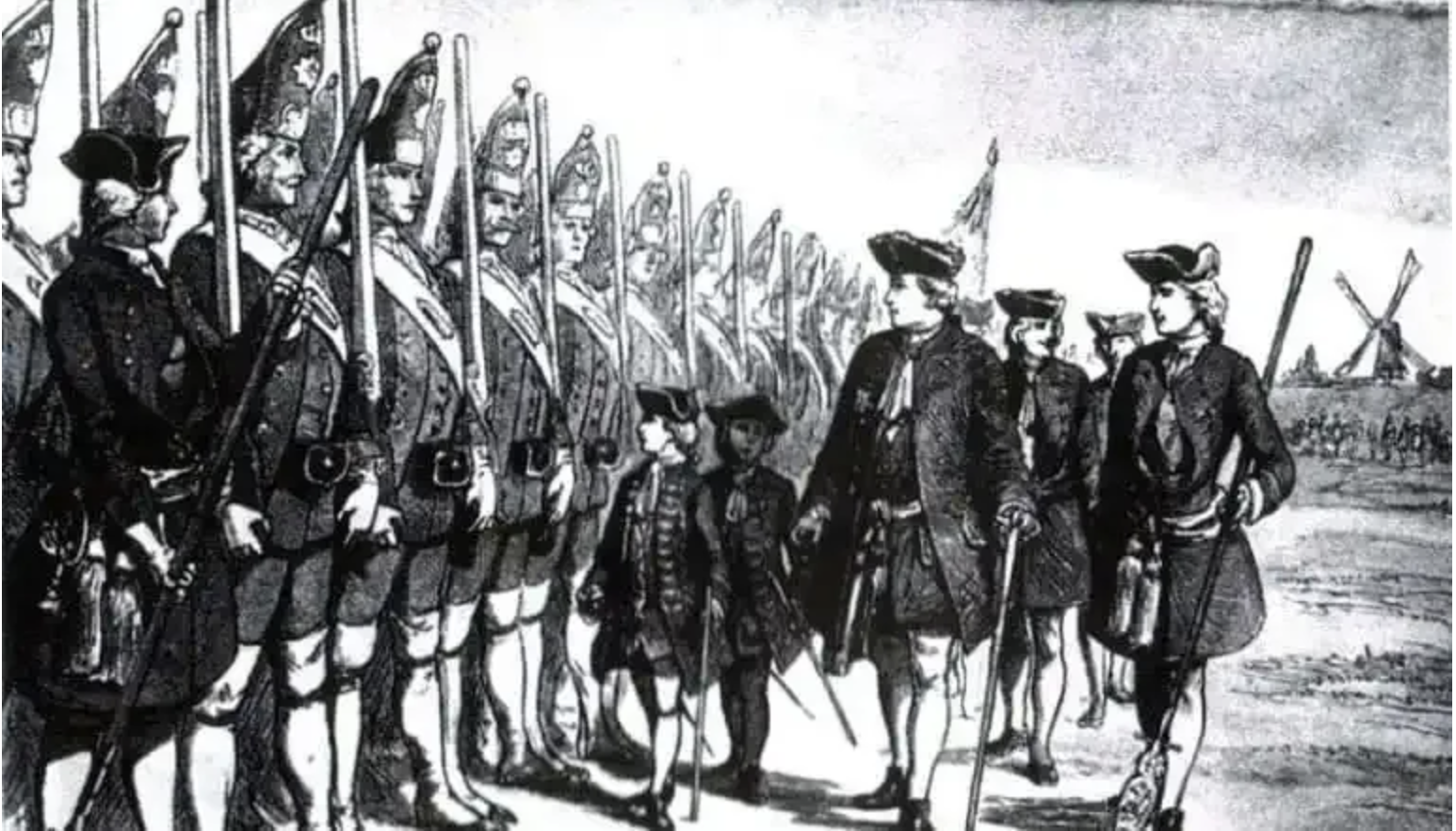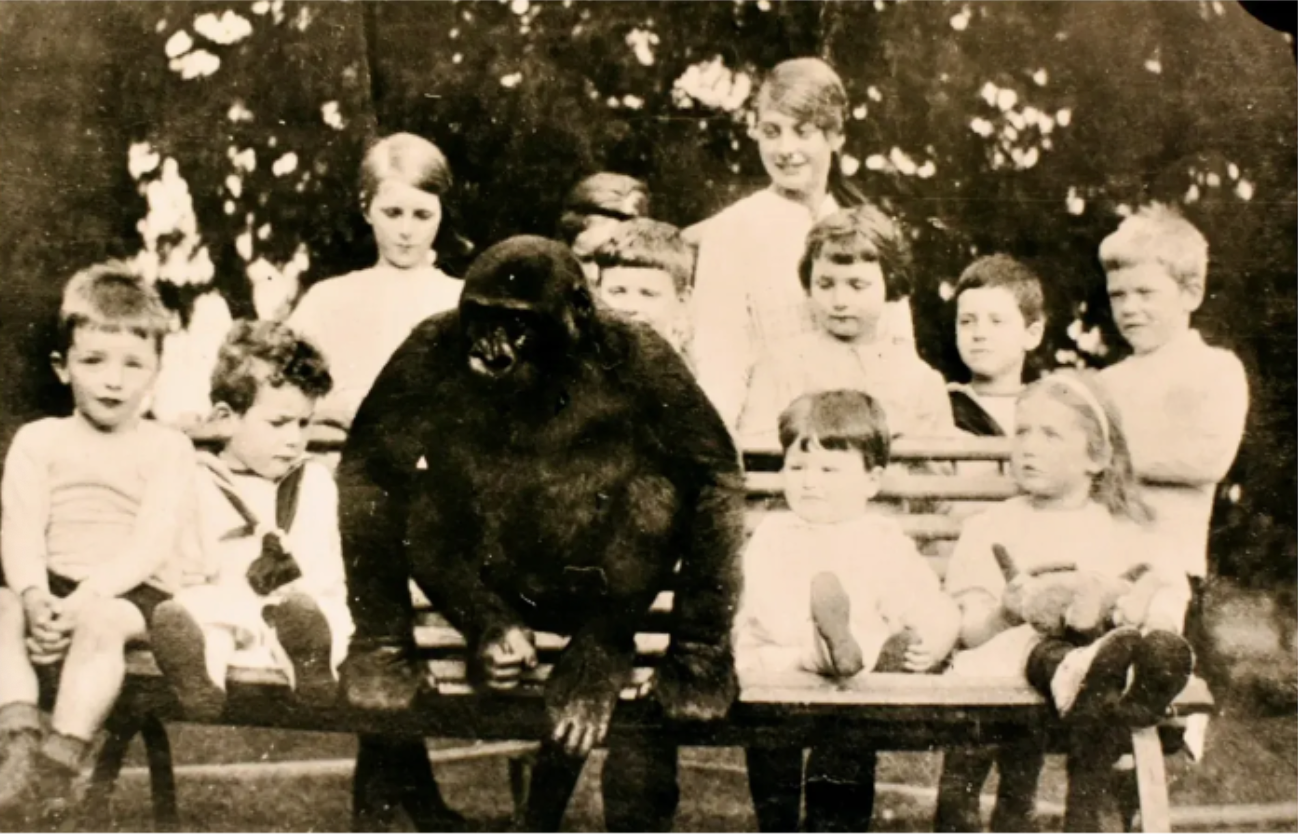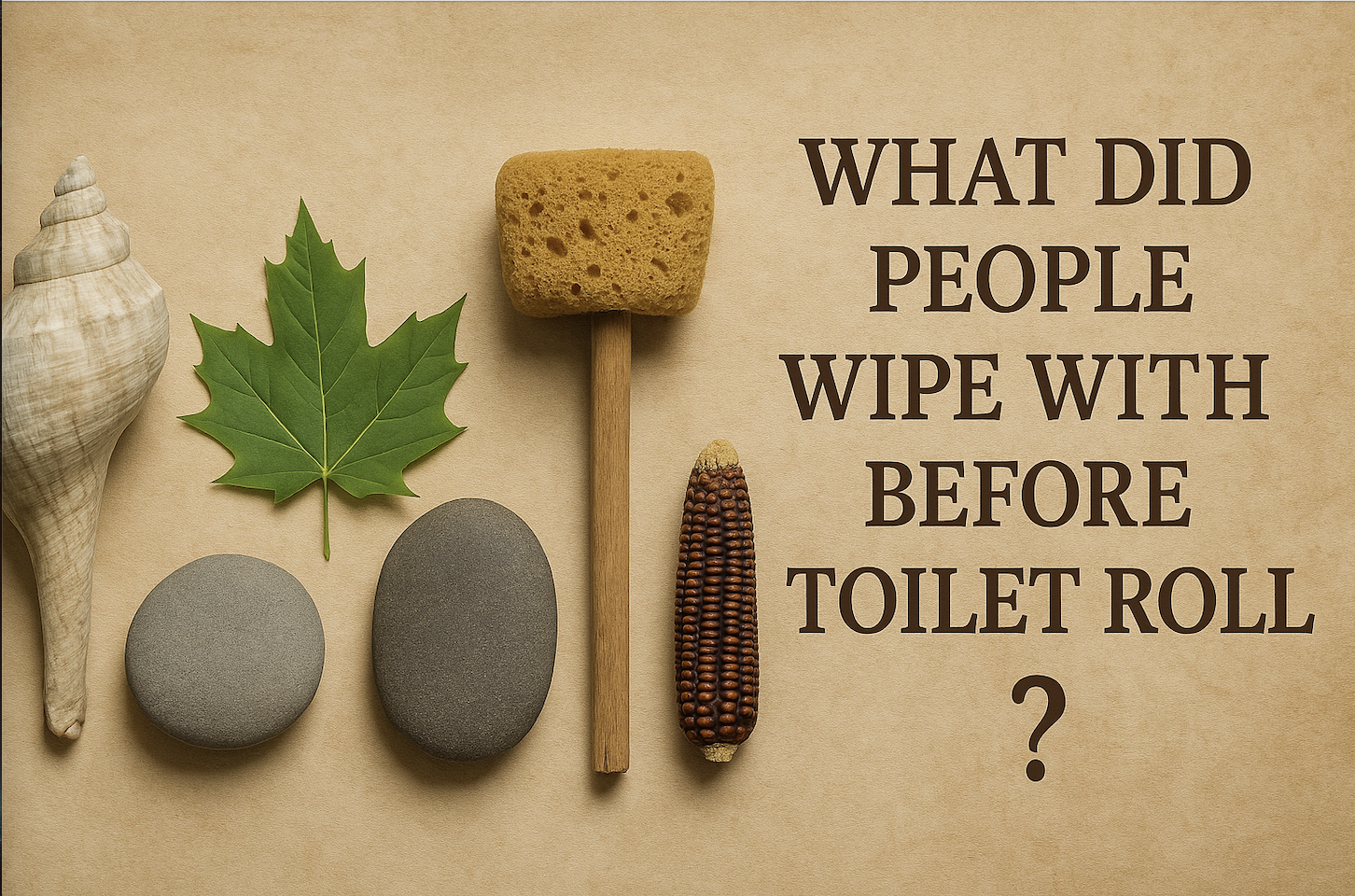Write drunk, edit sober is, sadly, not all that great
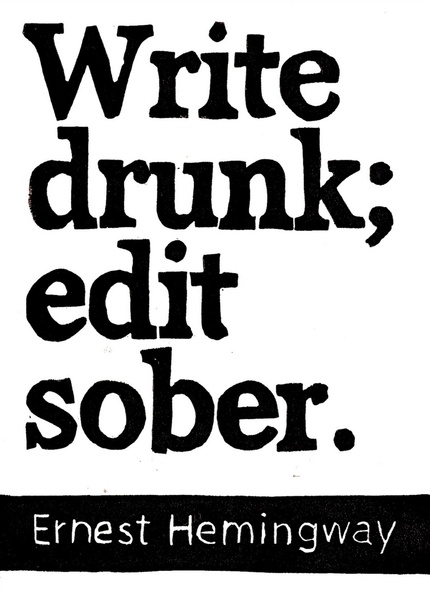
When I was younger, I was a firm believer in the aphorism, “write drunk, edit sober”. It is a saying attributed to Hemingway that sadly seems untrue. Both in meaning and the fact that he never actually said that.
There is a website called Quote Investigator that found what might be the first utterance of this. If you can’t be bothered to check it comes from Peter De Vries’ 1964 novel “Reuben, Reuben.” In the novel one of the characters says: “Sometimes I write drunk and revise sober,” he had said, “and sometimes I write sober and revise drunk. But you have to have both elements in creation — the Apollonian and the Dionysian, or spontaneity and restraint, emotion and discipline.”
The idea is still pretty pervasive and to be fair, there are some famous authors who loved to write drunk or were famous drinkers. James Joyce wrote a lot of fairly impenetrable stuff while under the influence, even admitting that occasionally he didn’t know what some passages he had written actually meant. Bukowski drank to get over introversion and shyness but had long periods where he wrote nothing because he was too pissed up. William Faulkner was a legendary drinker who could also write pretty decent prose even after a ton of whisky. Hunter S. Thompson added a cocktail of substances to his vast alcohol intake and while he said it helped him write, it possibly was a symptom of other things, given that he killed himself.
Although Hemingway is the one people think said this, he wrote early in the morning and drank heavily in the evening. So he didn’t write drunk. Like Thompson, it was possibly linked to depression as he too shot himself.
Stephen King famously can’t remember writing some of his books. While arguably his best ideas may have come while in his drinking phase, his best writing came after.
I am not comparing myself to any of the above but as someone who occasionally likes a tipple and writes for a living, I have found that there are pluses and minuses to writing while a bit sloshed. For the first couple of beers, I am awesome. I can turn a good phrase and keep the structure of what I am trying to do in my mind. After that, by pints three and four, I can still write a good sentence, sometimes a superb one, but by and large the quality seriously dips and starts to meander. If I am writing an article, the varying quality isn’t such a big deal. I can knock out 500-800 in an hour or two at most, so remain in the same state of mind and the structure is set when doing my notes. When it comes to a fiction novel, it is really noticeable, especially if I write a sizeable chunk. There are a few superb turns of phrase which remain but most of it is in need of an edit. It normally rambles, somewhat amusingly, but drifts and gets a bit repetitive. Much like I would be if I was talking in the same state.
Ideas are another matter. I don’t want to advocate drinking in any way but I spew out ideas after a few drinks like they needed unlocking. It’s great. I don’t go out as much as I used to and I certainly don’t drink alone all that often, but when I am out, drinking and alone, I can come up with dozens of ideas for books, articles, short stories, etc. The next day, I’d find at least a third would be fucking awful drivel. A third will end in an ideas folder, possibly incorporated into something else, or just staying there sad and lonely, never to be used. But the remainder would be gold. Sure the idea as written will be rambling and open ended but it is usually something that can be developed. Tipsy is when I have my best ideas. I just won’t be able to do much with them for a day or two as my brain is a non-functioning slush the next morning.
So unless you are like Faulkner or Joyce, who both seemed to need a drink to write, be like nearly all other writers. Or not. Your call. I just find the topic interesting and am filling in time until I go out for an after work “idea storm”.
